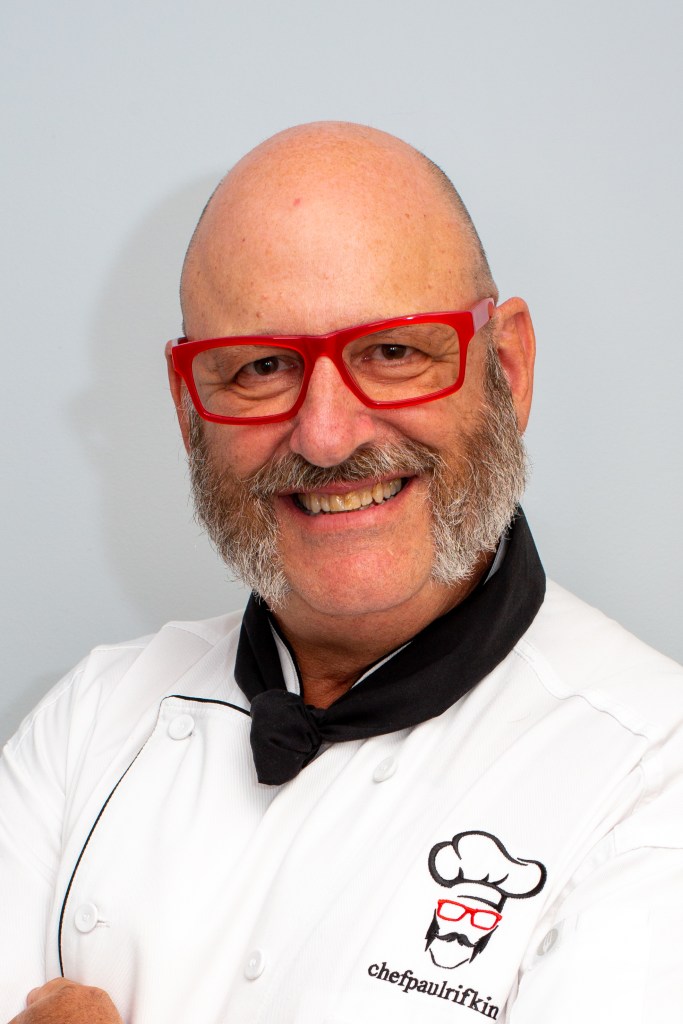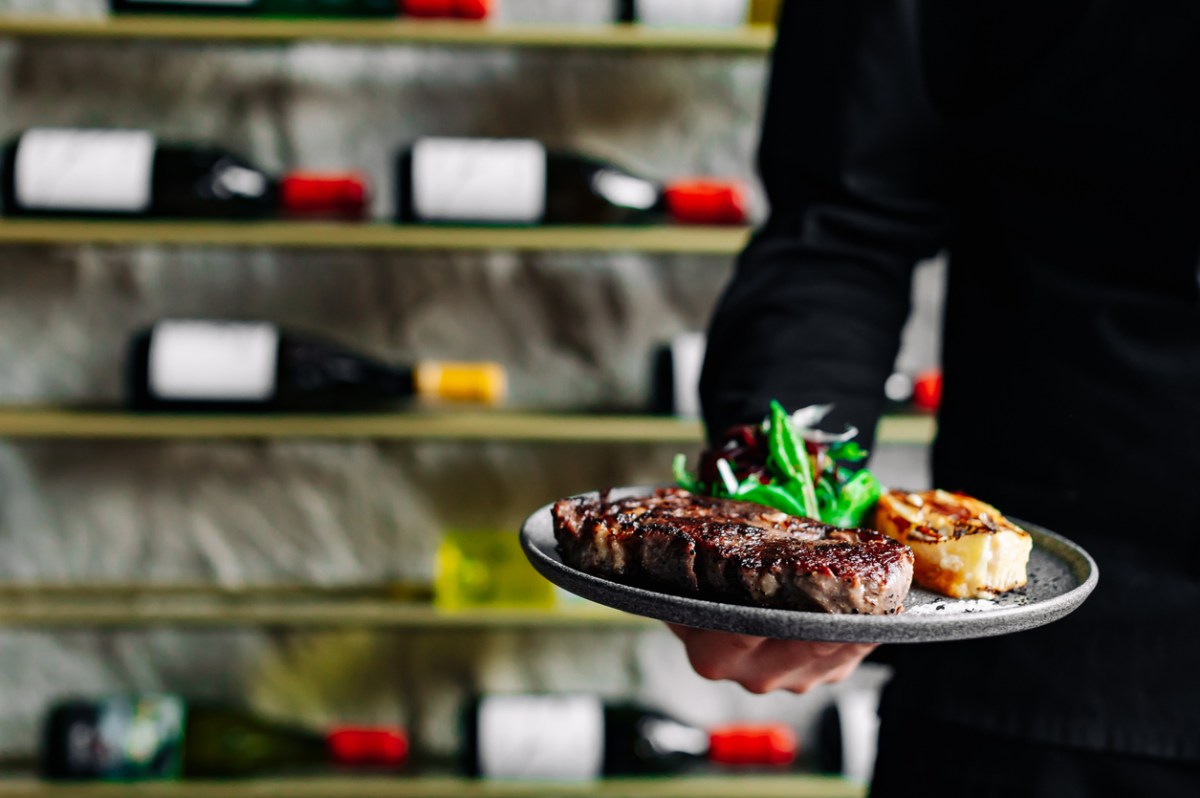It’s common for executive chefs or head chefs to hear from their junior chefs that they’ve learned all they can and need to leave to progress their careers.
But is this really the best move? The answer depends on several factors. Is your head chef invested in your growth? Does your operation have a succession plan with proper training and development? It’s crucial that your chefs understand their career pathways, discuss their career plans, and commit to them.
During my career, I found that staying and mastering all aspects of various roles helped me grow faster. I would then take a role at the same level or higher to ensure continuous upward trajectory. Feeling terrified was a good indicator that I had taken on the right level of new challenges — it was a must for me.
Many times, young chefs don’t realise that a career path involves more than just excelling in different kitchen operations. Even a less complex operation can offer learning opportunities. After mastering the menu and feeling confident, you might think it’s time to move on. However, improving accuracy, speed, following systems methodically, learning costing, leadership, and staying calm under pressure are crucial skills that often go overlooked.
Driven by a thirst for knowledge, you might leave for a new position, often starting back in a junior role. I’ve seen many chefs switch establishments only to move sideways or backwards, taking years to catch up. The key to career growth is mastery and patience — both challenging to adhere to.
Early in my career, at 22, I was handed a head chef role too early. I fumbled along, eventually stepping back to work under my sous chef. My learning accelerated, and when I was ready, they resigned, and I resumed the head chef role for the next 12 months. Still needing more learning, I left and started at the bottom in a high-quality kitchen. It took two years to become a sous chef and five years to achieve head chef. My total investment was 10 years — patience proved a good teacher.
Leaders need to inspire young chefs to adopt a long-term vision. Most young people today are hungry and impatient, but this can be changed with mentoring, effort, and commitment. It’s never too late to change direction and take charge.

Paul Rifkin: Head Chef Mentoring and
Fine-Tuning Specialist for Club Catering
chefpaulrifkin consulting

